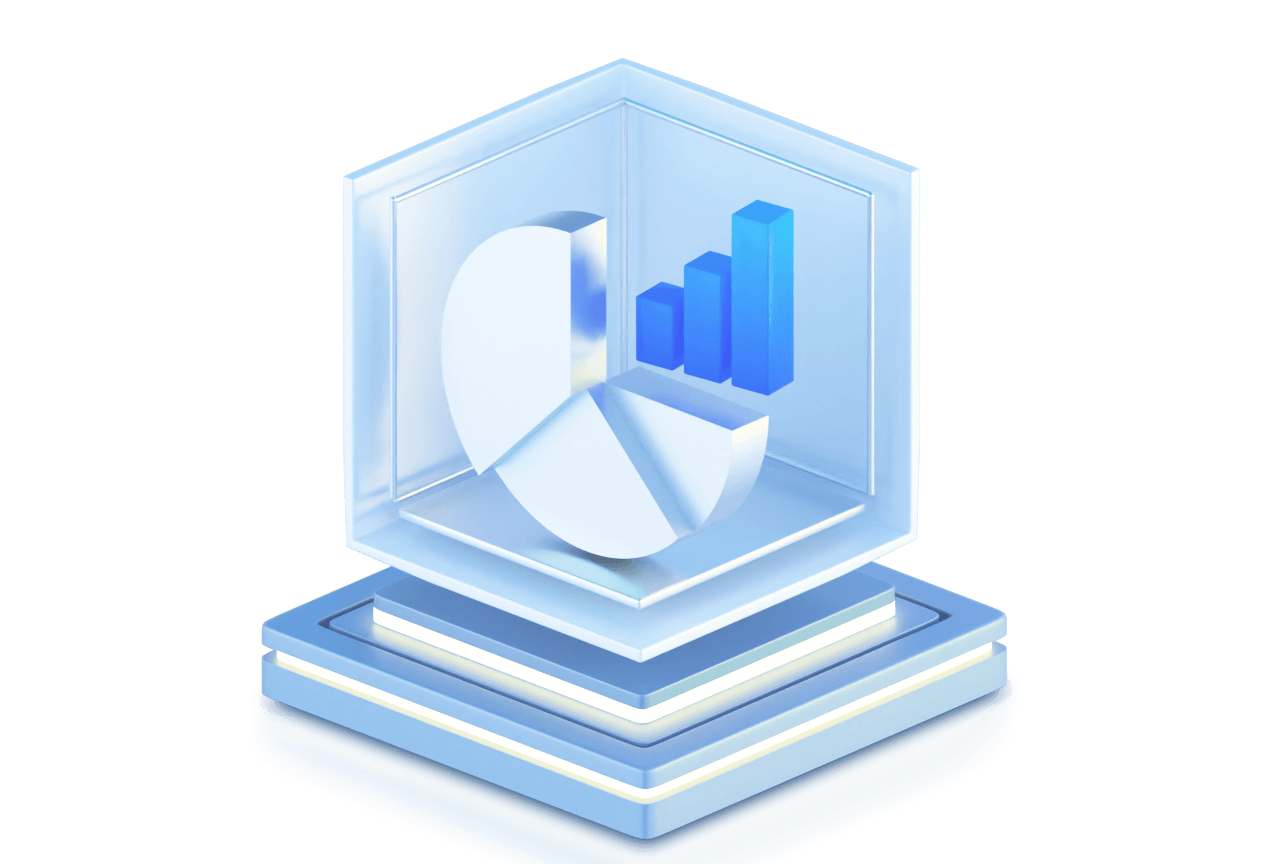Stream Compute Service is a powerful enterprise-grade real-time big data analytics platform based on Apache Flink. It features one-stop development, seamless connection, sub-second latency, low costs, high security, and high stability, helping businesses maximize the value of their data and accelerate their move to real-time data processing.
Benefits

One-Stop Development
Experience one-stop development and Ops with WebIDE or using TencentCloud API. Perform graphical development using multiple languages, manage metadata, dependencies, and deployment, and conduct code debugging, operation monitoring, metric alarming, and smart diagnosis.

Seamless Connection
Seamlessly connect to Tencent Cloud's popular data services, including message queue, database, and data warehouse, as well as self-built open-source big data components. Expand connectors to access various external data systems as needed and enjoy full compatibility with Apache Flink for smooth migration to the cloud.

Sub-Second Latency
Process hundreds of thousands of records per second per CPU core with an end-to-end latency less than one second, and sustain tens of thousands of concurrent large-scale, real-time computing tasks.

Low Costs
Reduce your per-core computing cost to just a few cents per hour by utilizing industry-leading proprietary server technology and assigning resources based on the actual business load, which is much more cost-effective than IDC-based self-built computing systems.

High Security and Stability
Isolate resource environments by space and process and ensure tenant data security with fine-grained access control provided by the Tencent Cloud account system. Failover can be completed in seconds to guarantee 99.9% SLA.

Expert Service
Get end-to-end solution and 24/7 Ops support services from the Tencent Cloud expert team.
Scenarios
Gaming
Finance
Ecommerce
Manufacturing
Education
The boom of the mobile internet has driven the unprecedented expansion of the gaming industry. As new game categories and genres continue to emerge, game vendors are putting more and more focus on improving user engagement through refined data operations. Stream Compute Service helps them perform refined data analysis in real time.
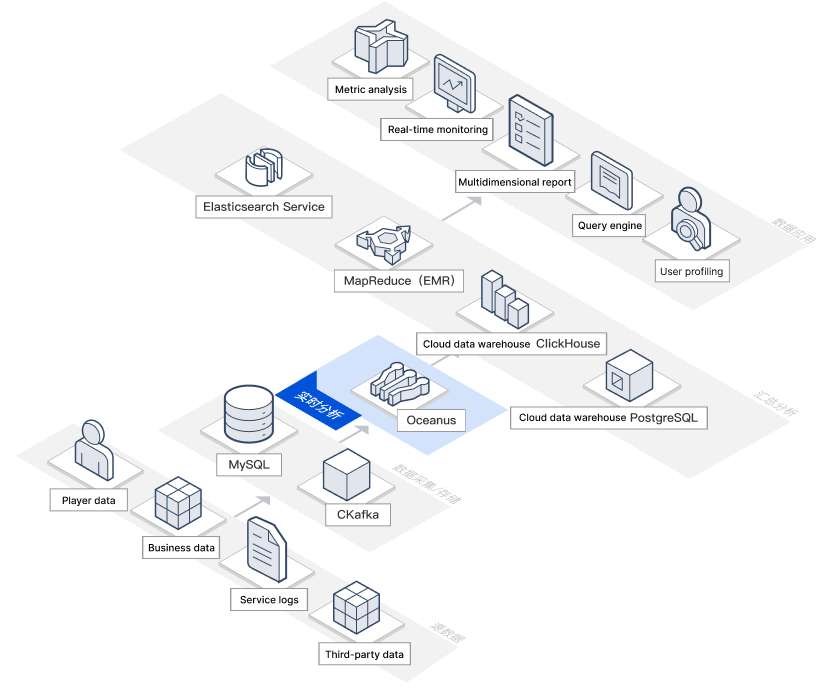
The finance industry is becoming increasingly integrated with the internet. Stream Compute Service enables big data analysis that provides more comprehensive marketing, monitoring, reporting, risk management, and profiling across all links in the finance industry.
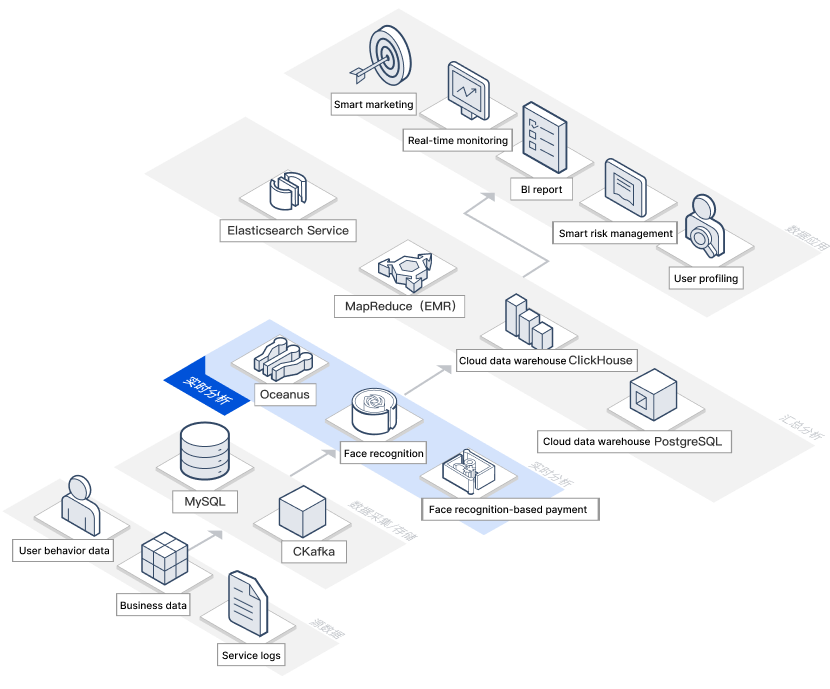
The ecommerce industry is inherently closely integrated with the internet, generating vast amounts of data related to customers, merchants, and supply chains. The mining and analysis of ecommerce data helps service providers quickly match their products with customers, optimize their supply chains, and enhance their warehousing capabilities. Stream Compute Service enables businesses to analyze big data in real time.
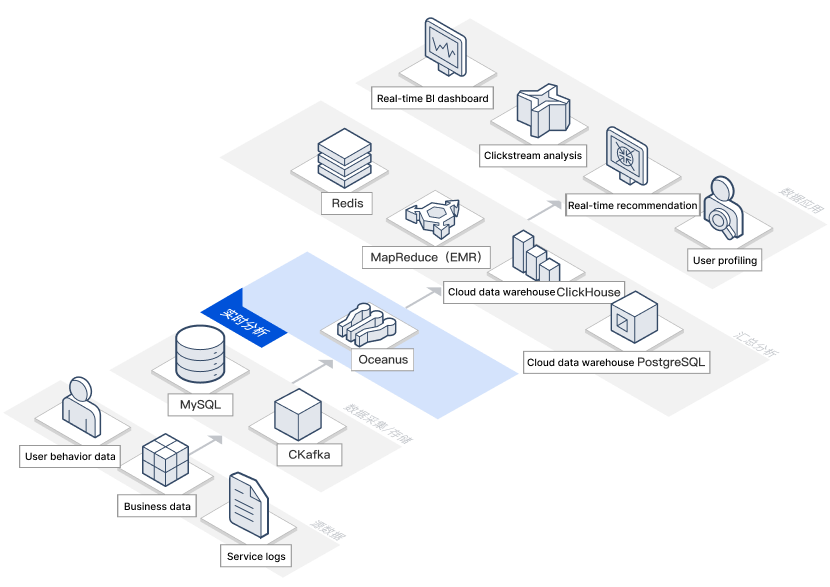
The traditional manufacturing industry generates huge amounts of data in production, quality inspection, management, and sales processes, much of which goes ungoverned and unused. Big data analytics applications for real-time monitoring, scheduling, alarming, and smart data analytics can enhance the production efficiency of traditional manufacturing and enable timely detection of production defects. Stream Compute Service empowers Industry 4.0 with its powerful real-time analytics capabilities.
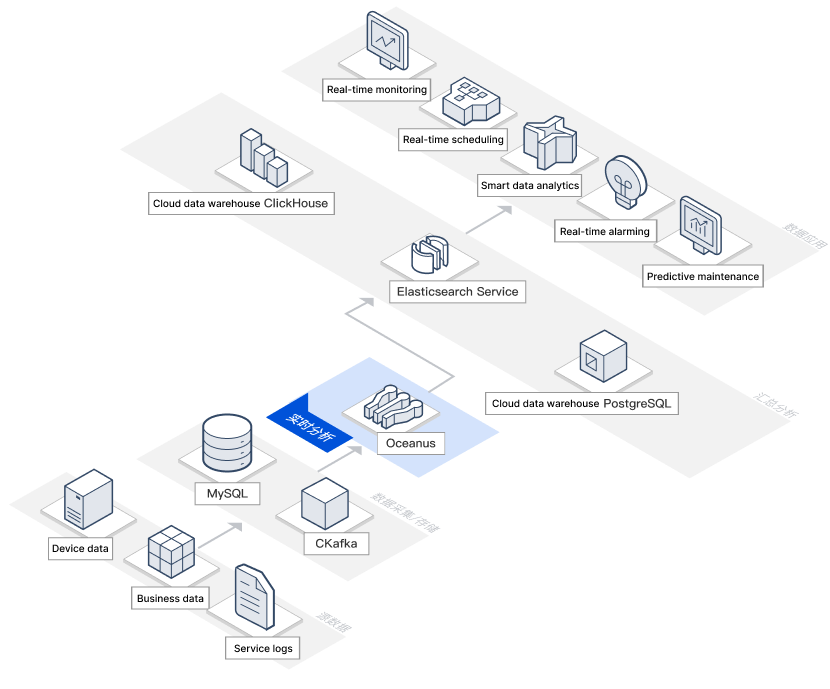
The education industry has a natural need for refined data analytics. Real-time big data analytics can help educators accommodate the unique characteristics of each student and provide personalized teaching more efficiently.

Pricing
To use Stream Compute Service, you need to purchase a cluster. Each CU contains 1 CPU core and 4 GB memory. In addition to computing resources, you also need to pay a management node fee which is equal to the fee of 2 CUs (the management node fee is waived if you purchase 48 or more CUs of computing resources). The billing rules for configuration changes such as capacity expansion and renewal are the same as those for purchases.
Total fees = (number of CUs for management resources + number of CUs for computing resources) * unit price
For pricing details, see the pricing documentation.
Help and Documentation
FAQs
What is a CU?
What is real-time stream data?
What are the strengths of stream computing over batch computing?
Can the JAR job mode be connected to self-built services?
What are fine-grained resources?
